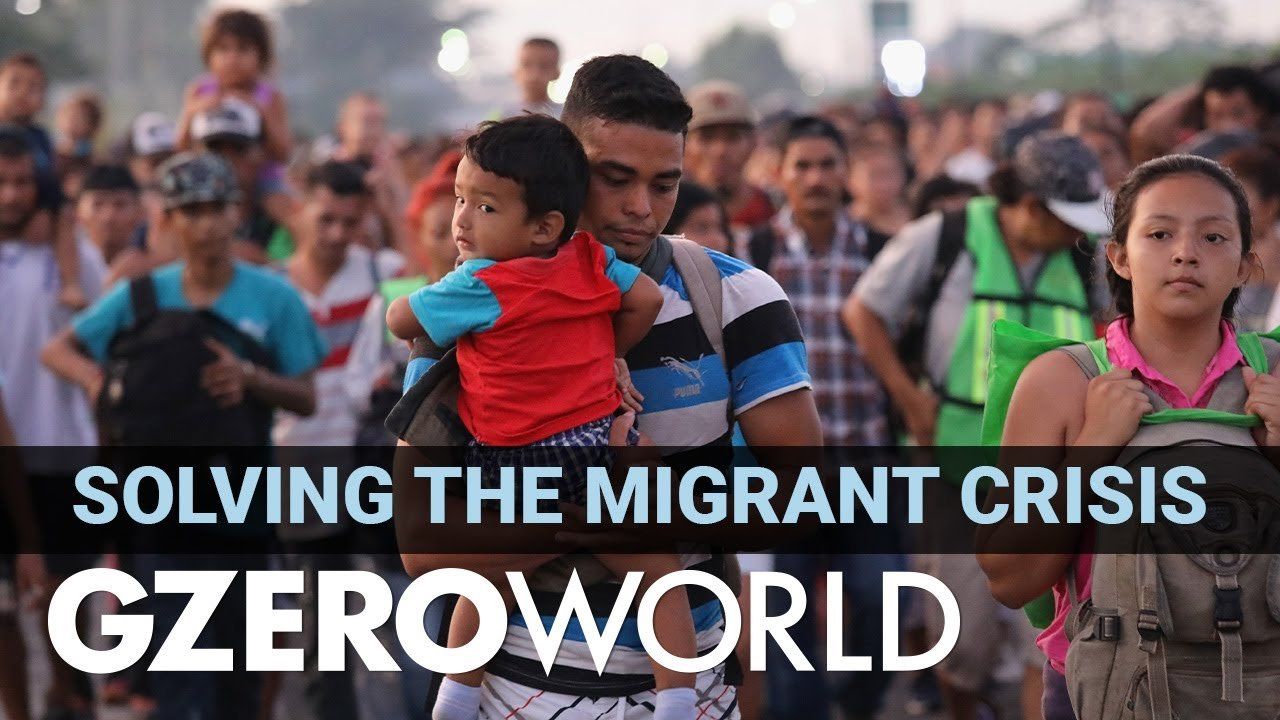GZERO World Clips
What obligations do rich nations have when it comes to refugees?

What obligations do rich nations have when it comes to refugees? | GZERO World

The recent tragedy of the migrant boat that sunk off the coast of Italy and killed 64 people raises an important question: are European leaders taking the right approach to prevent migrants from risking their lives in the first place? On GZERO World, Ian Bremmer and David Miliband, the President and CEO of the International Rescue Committee, discuss the complex and urgent nature of the migrant crisis and the need for effective solutions.
Miliband notes that migration is not just a European issue but a global one, with people “on the move more than ever before” due to persecution, war, and disaster. He emphasizes the need to “balance fairness with humanity” and “fulfill legal as well as moral obligations for people who have been driven from their homes.”
To address this challenge, Miliband outlines four key elements to fair, humane migration: fast processing of asylum claims, proper integration of those allowed to stay, addressing criminal elements that exploit the lack of legal migration routes, and creating legal routes for asylum-seekers and migrants to travel safely.
Miliband predicts that migration will be one of the biggest challenges for the rest of this century, as people in countries with a per capita income of less than $7,000 will continue to seek a better life elsewhere.
In this Quick Take, Ian Bremmer addresses the killing of Alex Pretti at a protest in Minneapolis, calling it “a tipping point” in America’s increasingly volatile politics.
Who decides the boundaries for artificial intelligence, and how do governments ensure public trust? Speaking at the 2026 World Economic Forum in Davos, Arancha González Laya, Dean of the Paris School of International Affairs and former Foreign Minister of Spain, emphasized the importance of clear regulations to maintain trust in technology.
Will AI change the balance of power in the world? At the 2026 World Economic Forum in Davos, Ian Bremmer addresses how artificial intelligence could redefine global politics, human behavior, and societal stability.
Ian Bremmer sits down with Finland’s President Alexander Stubb and the IMF’s Kristalina Georgieva on the sidelines of the World Economic Forum to discuss President Trump’s Greenland threats, the state of the global economy, and the future of the transatlantic relationship.